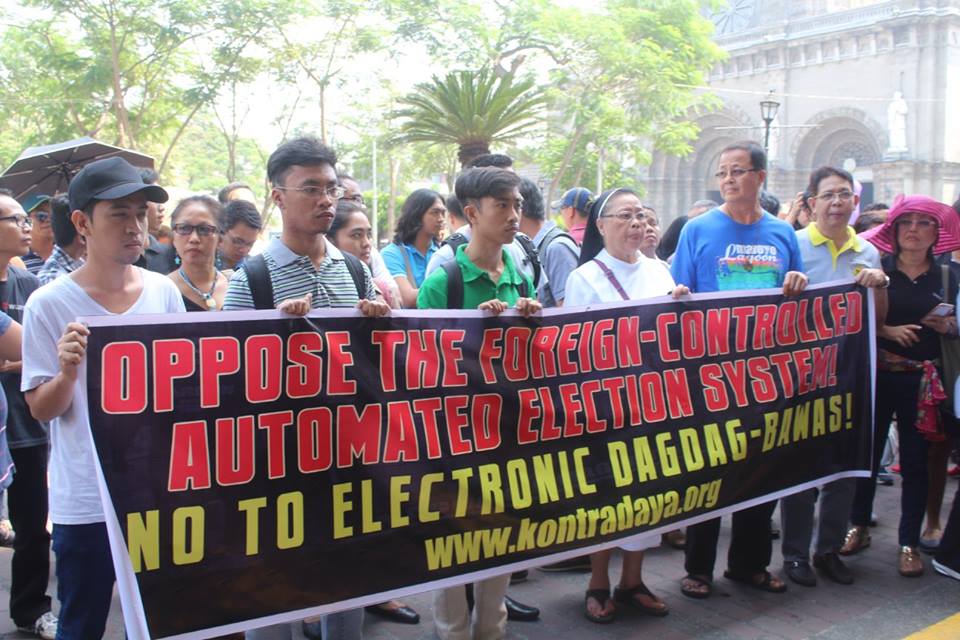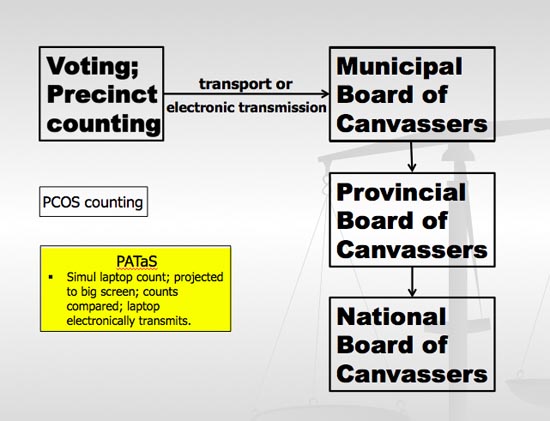Political dynasties in the Philippines: Entrenched power and the 2025 elections
As the Philippines heads towards the 2025 midterm elections, the prevailing presence of political dynasties continues to be a defining characteristic of the country’s political history. Under such a system and in violation of its constitutional provisions which are also meant to limit concentrations of power, political families curve out political space with ease.
The Never-Ending Legacy of Political Clans
Political dynasties have been a mainstay in Philippine politics. These families often occupy multiple positions at different levels of government, from local government to national office. It is the same with the upcoming elections with several clans set to either maintain or boost their grip on power.
For example, the Duterte family — former President Rodrigo Duterte and his sons Paolo and Sebastian — are said to be vying for Senate seats, while Vice President Sara Duterte continues to be a notable figure in politics. Likewise, the Marcos family remains as powerful as ever, currently headed by President Ferdinand Marcos Jr., who is supported by other family members in the government.
Election interference and its implications for democratic processes
The prevalence of political dynasties in the Philippines is a cause for concern, as it raises important questions about the state of the democracy in the country. This is also a rationale for why dynastic politics leads to a dearth of real competition and eventually stunts the ability of new leaders to emerge as a political force. It places a premium on loyalty to a family or clan over policy, public service and winning the general election.
The phenomenon of dynastic politics becoming entrenched is linked with wounds such as corruption, nepotism and failed governance. The absence of checks and balances within these familial networks can result in the mismanagement of public funds and resources, thereby eroding public faith in government institutions.
Public Support and Demand for Change
From being only a few voices in the wilderness, public discontent towards political dynasties has grown exponentially among the Filipinos. Political inclusivity and accountability reform efforts by civil society groups, academic institutions, and concerned citizens have further been the subject of discontent. Radical solutions include but are not limited to the enactment of anti-dynasty legislation, stronger political party systems, and public awareness campaigns to promote the meritocracy approach to leadership selection rather than the Accessory Approach.
The 2025 midterm elections could be a turning point for the Philippines. Political dynasties have been part of the country’s story for decades, but that doesn’t mean they should shape its future. Voters have a real chance to push for change by choosing leaders who stand for transparency, accountability, and true public service—not just a familiar last name. Building a more fair and democratic society won’t happen overnight, but it starts with each of us deciding we’ve had enough of politics that stays in the family.



